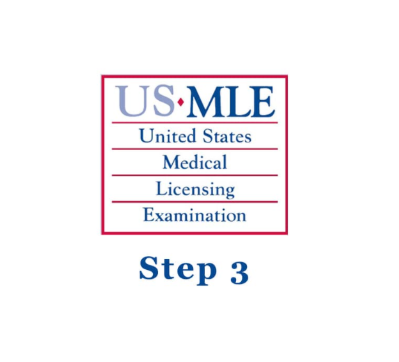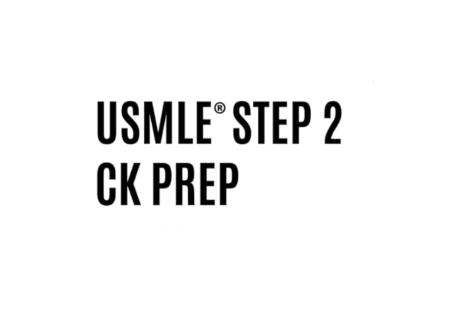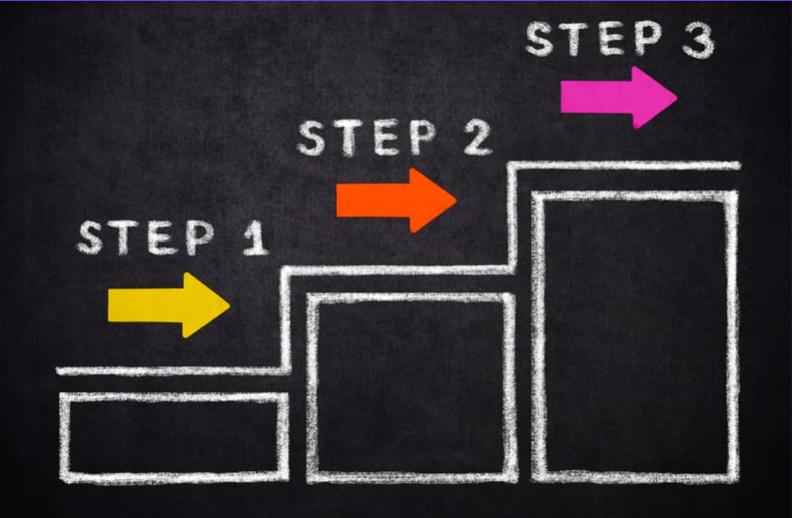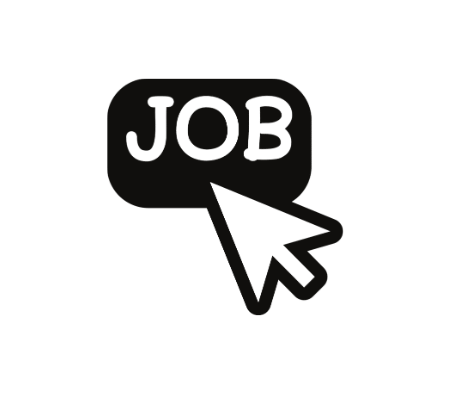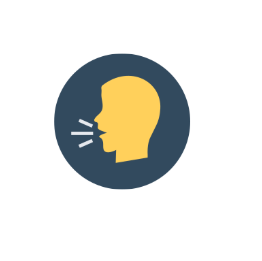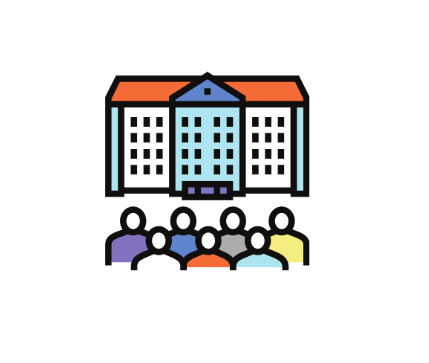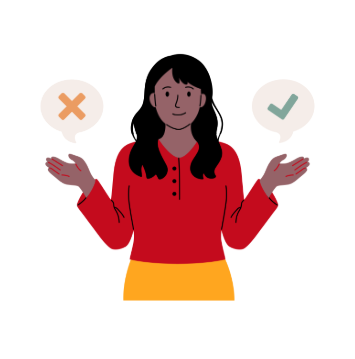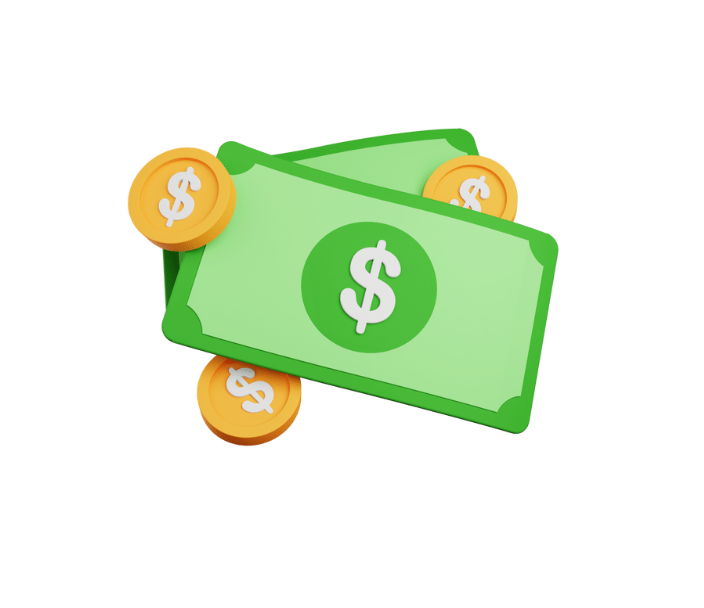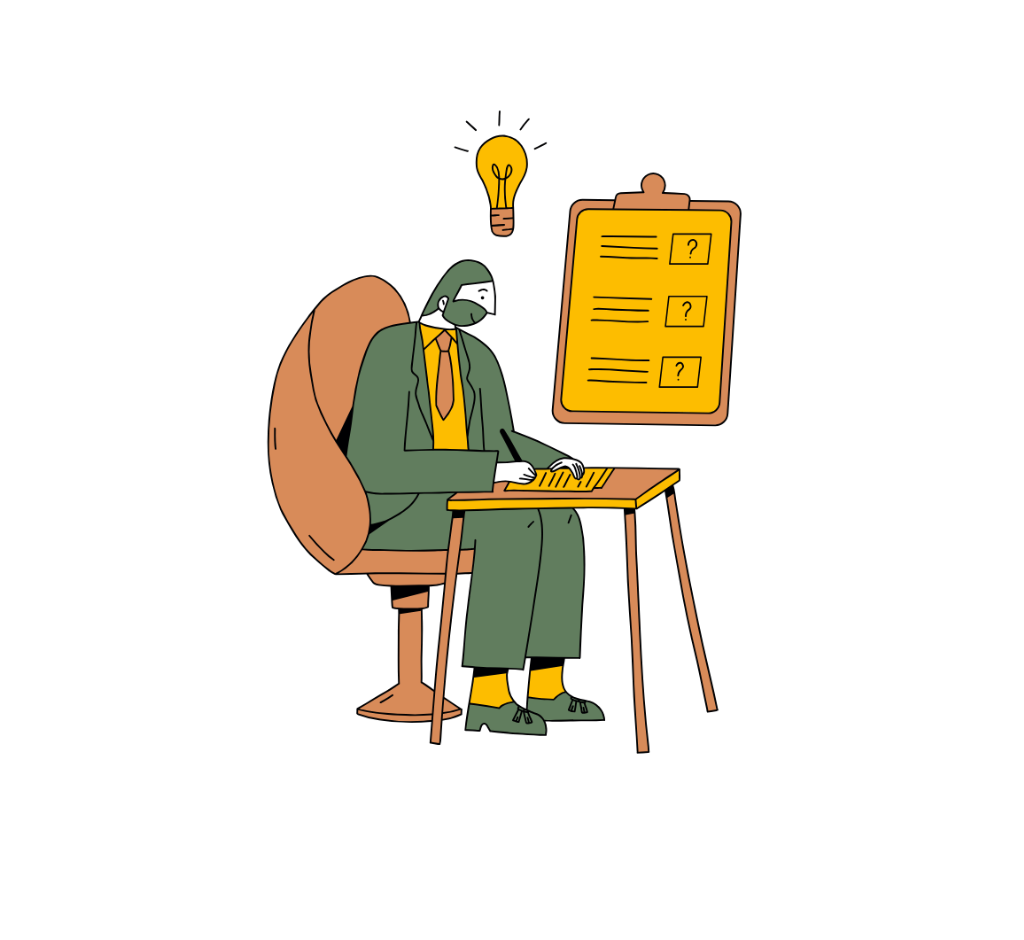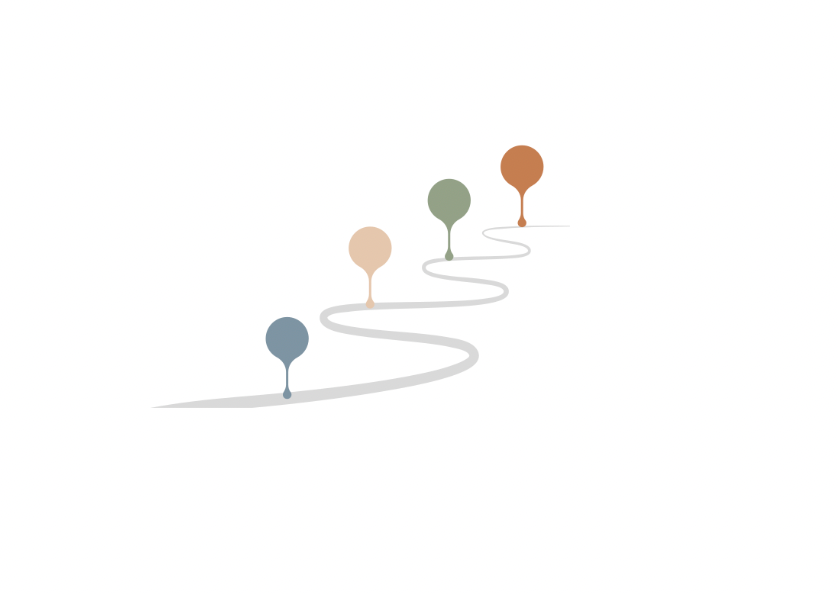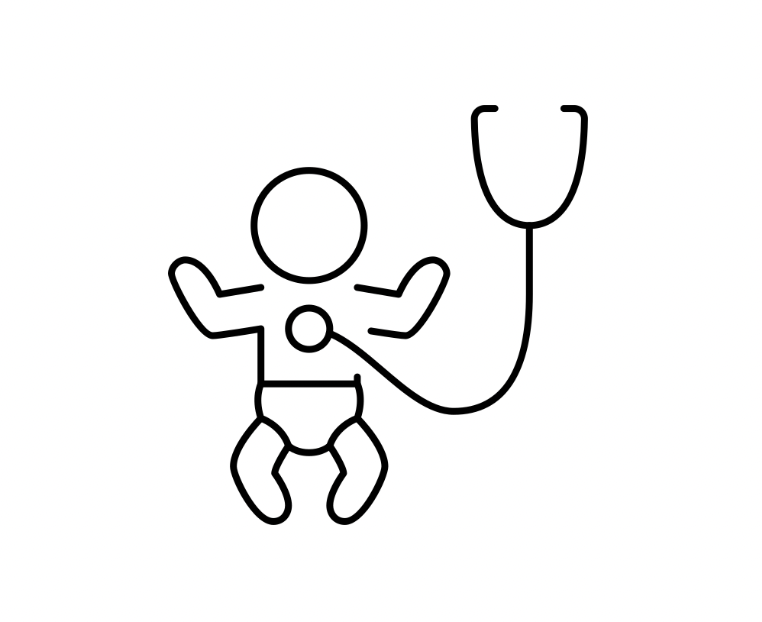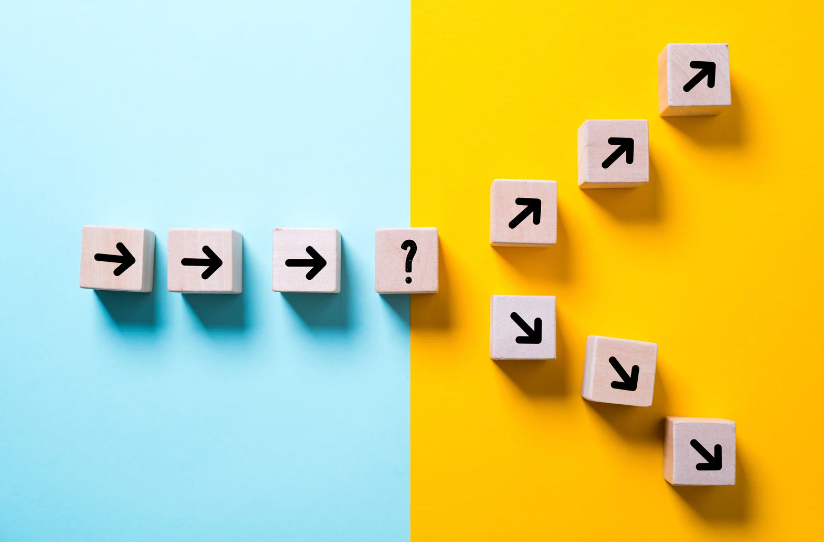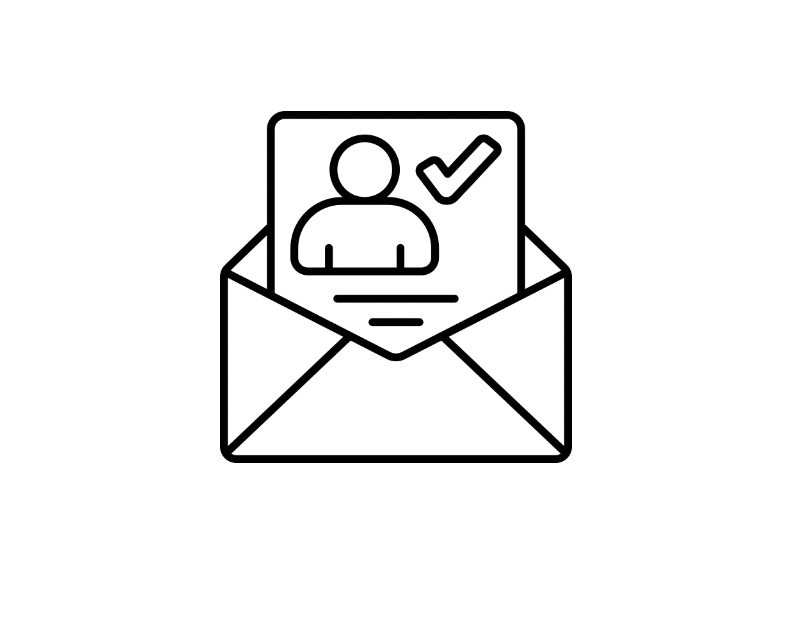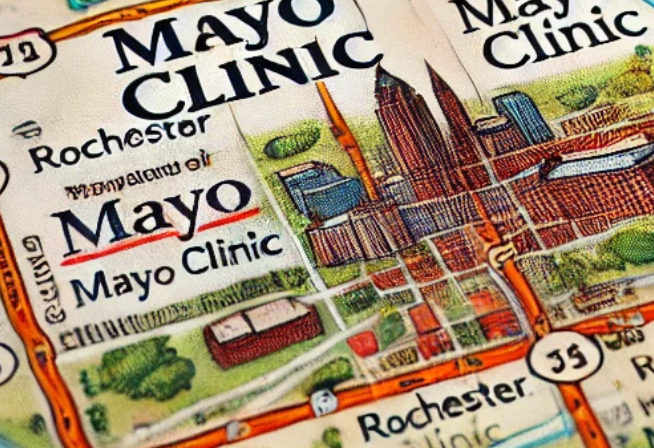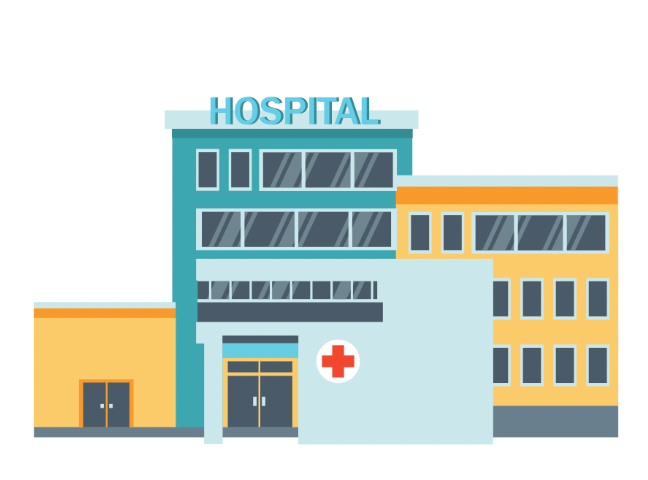This is the account of one of our students in the Scrubs Community about studying and preparing for the USMLE Step 2CK: the second test for the revalidation of the medical diploma in the USA. Get inspired!
Hey friends!
I matched last cycle and I am sharing here tips from my preparation for the 3 Steps. For context, I am an older graduate (YOG 2006) with Residency in Pediatrics in Brazil, balancing studies with a full-time job in Brazil. Please let me know if you have any questions. I would be happy to help! Best of luck in your preparation!
Step 2CK
Preparation Time: 9 Months
Context
After receiving my PASS on Step 1, I took a two-week “break” from studying and then started preparing for Step 2 after purchasing a one-year UWorld (UW) subscription—without a doubt, the most important resource. In fact, studying for Step 1 provided a strong foundation for Step 2, as many topics overlap, although with a different focus. It was definitely worth starting Step 2 preparation right after finishing Step 1 because the material was still fresh in my memory.
Another key point is that I gave my absolute best while studying for Step 1 (I didn’t treat it as pass/fail; I studied as if I were going to receive a score), and I believe that contributed to building a solid foundation for Step 2. This was evident right away when I started doing UW questions. When I began my first pass of UW for Step 1, I was getting around 60% correct. However, when I started Step 2, I was already scoring around 80% correct from the beginning. I also noticed that, at least for me, studying for Step 2 was much more enjoyable and less overwhelming than Step 1, especially since it didn’t involve as many details in biochemistry and pathology.
Study Routine
My daily routine involved waking up at 5:00 AM and studying until 7:30 AM, prioritizing one 40-question block per day (unlike Step 1, where I started with 20 questions per day in my first pass). After each block, I reviewed the questions thoroughly and created flashcards for my mistakes, as well as for UW diagrams/tables/algorithms. I did my first pass by system and my second random.
After studying, I got my son ready for school and left for work (8:00 AM–6:00 PM). Throughout the day, I reviewed Anki flashcards (both my own and Anking decks’s) whenever I had time—between patients, during lunch breaks, etc. I watched YouTube videos (highly recommend Dirty Medicine) and listened to Divine Intervention podcasts while driving and exercising. I also rewatched some Sketchy Pharm and Micro videos, focusing more on symptoms and treatment. On weekends, I always took one full day off (Saturday or Sunday) to rest and didn’t do questions, but I kept up with Anki reviews.
Study Materials
The foundation of my study was UWorld + Anki. Just like for Step 1, I started doing questions from day one.
UWorld (UW)
Without a doubt, this was my most important resource. I activated my UW subscription on April 1st, 2023, and completed three full passes (one block of 40 questions per day, six days a week).
● First pass: By system
● Second pass: Random (marked wrong questions + those I got right by luck)
● Third pass: Marked & incorrect questions only (since I had time, I wasn’t in a rush to schedule my exam).
During all passes, I used Anki (Anking deck) and created my own deck with my mistakes, along with important algorithms/tables from UW.
Anki
I honestly can’t imagine preparing for this exam without Anki. It enabled active recall and spaced repetition for me. I used Anking and added my own cards based on UW explanations. I reviewed around 500 cards per day whenever possible (in waiting lines, between patients, when someone was late, etc.).
Tip: A good flashcard is concise, contains minimal information, and should be reviewed in 5
seconds or less (either you recall it, or you don’t—don’t waste too much time). Over nine
months, I probably skipped only one or two days of Anki due to travel and family
commitments.
First Aid (FA)
I read multiple opinions saying that FA for Step 2 wasn’t great, so I didn’t use it. I read some Step 1 FA chapters with the intention of reviewing the whole book, but I couldn’t finish it. However, I used FA’s rapid review section the day before the exam.
Sketchy
I rewatched all Micro and Pharm videos, but focused more on symptoms and treatment.
YouTube & Podcasts
I watched random YouTube videos while exercising and listened to Dirty Medicine and Divine Intervention podcasts while driving.
Some high-yield Divine Intervention podcast episodes I used:
36, 37, 97, 184, 123, 132, 137, 143, 197, 194, 204, 231, 207, 228, 230, 234, 268, 275, 276, 277, 250, 325, 268, 282, 283, 173, and 239.
CDC Vaccination Schedule & USPSTF Guidelines
One week before my exam, I memorized the CDC vaccination schedule and the most critical USPSTF recommendations. Even though most of this was covered in UW and Anki, some recommendations change over time, so I cross-checked the latest updates. I also downloaded a specific Anki deck for this.
Practice Exams
I completed both UWorld self-assessments (UWSA) after finishing each UW pass, and I did several NBME exams.
● UWSA1 (Aug 12, 2023): 262 (82%)
● NBME 12 (Sept 29, 2023): 169/200 (84.5%), Score: 264
● NBME 13 (Oct 22, 2023): 166/200 (83%), Score: 263
● NBME 14 (Dec 1, 2023): Score: 266
● UWSA2 (Jan 3, 2024): 281
● Free 120 (Jan 8, 2024): 87%
● Real Deal (Jan 9, 2024): 278
Exam Day
I did two blocks at a time, then took 5-7 min breaks (snack, water, coffee). After four blocks,
I took a longer lunch break. I finished well before 6 PM.
● Most blocks: I finished with ~10 min left to review marked questions.
● One block (2nd or 3rd): Tight on time—managed to finish, but had little time for
review.
● Research abstract questions: Took longer, as they involved interpreting tables.
Overall Impression:
● Harder than UWSAs
● Longer question stems than NBME
● I could recall only 1–2 questions that I hadn’t seen in any study resource
Final Thoughts
The most important factors in this entire process were consistency and discipline.
There will be good days and bad days, but stick to the plan no matter what. Also, don’t skip breaks and leisure time—it helps you sustain motivation until the end.
Good luck!
Dr. Alessandra Lemos de Carvalho


